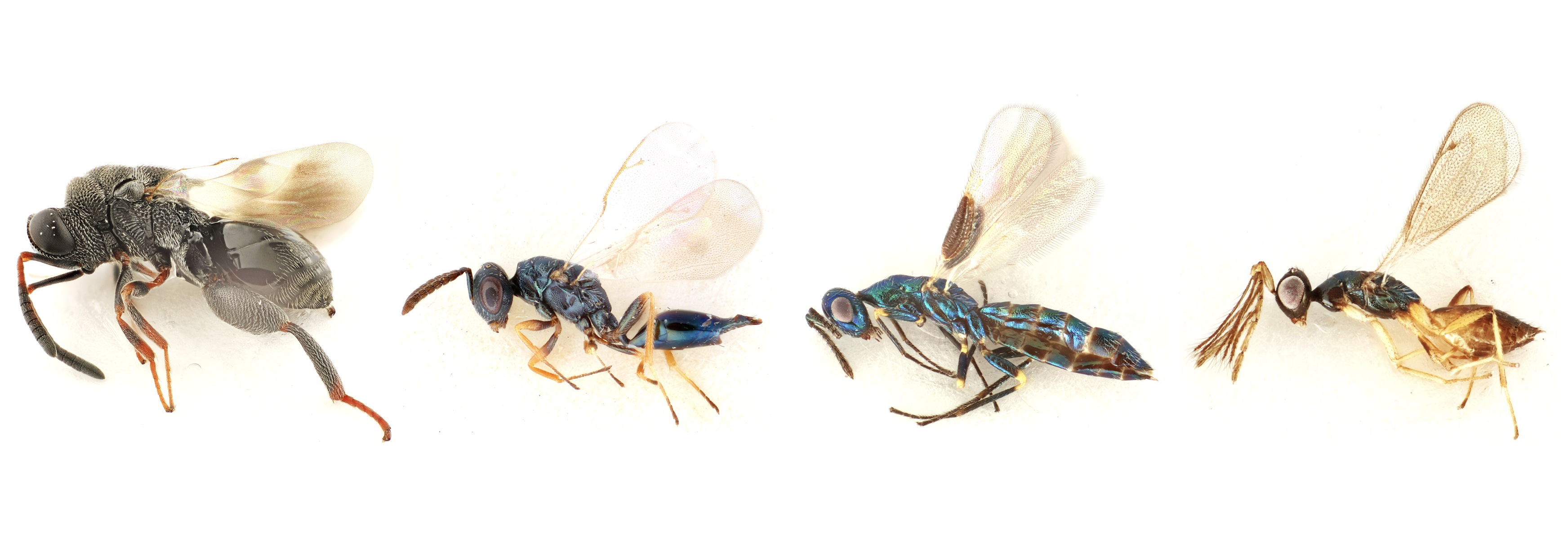Friday 14th November 2022, 9:30 am GMT
ZOOM Online
The annual Young Systematists’ Forum represents an exciting setting
for Master’s students, PhD students and young postdoctoral researchers
to present their work, often for the first time, to a scientific
audience interested in taxonomy and systematics. This well-established
event provides an important opportunity for budding systematists to
discuss their research in front of their peers within a supportive
environment. Supervisors and other established systematists are also
encouraged to attend.
Prizes will be awarded for the most promising talk and flash
presentation as judged by a small panel on the day.
Registration is FREE.
https://systass.org/events/ysf/
When you register you will be asked to supply your name, contact
information and tell us whether you wish to give a full talk or flash
presentation. Please also tell us your academic stage – e.g., Masters,
PhD or postdoc and affiliation. Abstract submission and registration
are separate portals, both on the YSF event page.
Spaces will be allocated subject to availability and for a balanced
programme of animal, plant, algal, microbial, molecular and other
research. Non-presenting attendees are also very welcome – please register
as above.
Abstracts must be submitted by e-mail in English and in Word format
no later than Saturday 18 October 2025. The body text should not
exceed 150 words in length. Title, authors, and their professional
affiliations/addresses should be included with the abstracts. If
the presentation is co-authored, the actual speaker must be clearly
indicated in BOLD text. The file should be in editable format (.doc or
.odt, not pdf) and titled Surname_First-name_YSF2025.doc, for example
Doe_Jane_YSF2025.doc.
If you have presented a talk at the YSF before, we ask that you submit
only for a flash presentation, as speaker slots are limited and we want
to give as many people a chance as possible. If you are a postdoc, please
be aware that we might not be able to give you a chance to present here,
as the aim is to give more junior researchers their first experience in
a supportive international setting.
All registered attendants will receive further information about
the meeting, including abstracts, by e-mail one week in advance. This
information will also be displayed on the Systematics Association website
(www.systass.org).
If you have questions, feel free to contact us at ysf@systass.org
Last year’s meeting was very dynamic, with wide international
attendance and great interactions.
We’re looking forward to meeting you online!
YSF 2025 Organising Team:
Ellinor Michel, Ana Serra Silva, Kalman Konyves, Peter Mulhair,
Katie Collins, Pablo Muñoz-Rodrguez
Organised by
The Systematics Association
With additional sponsorship from:
The Natural History Museum, London, Kew Botanical Gardens, CRC Press



